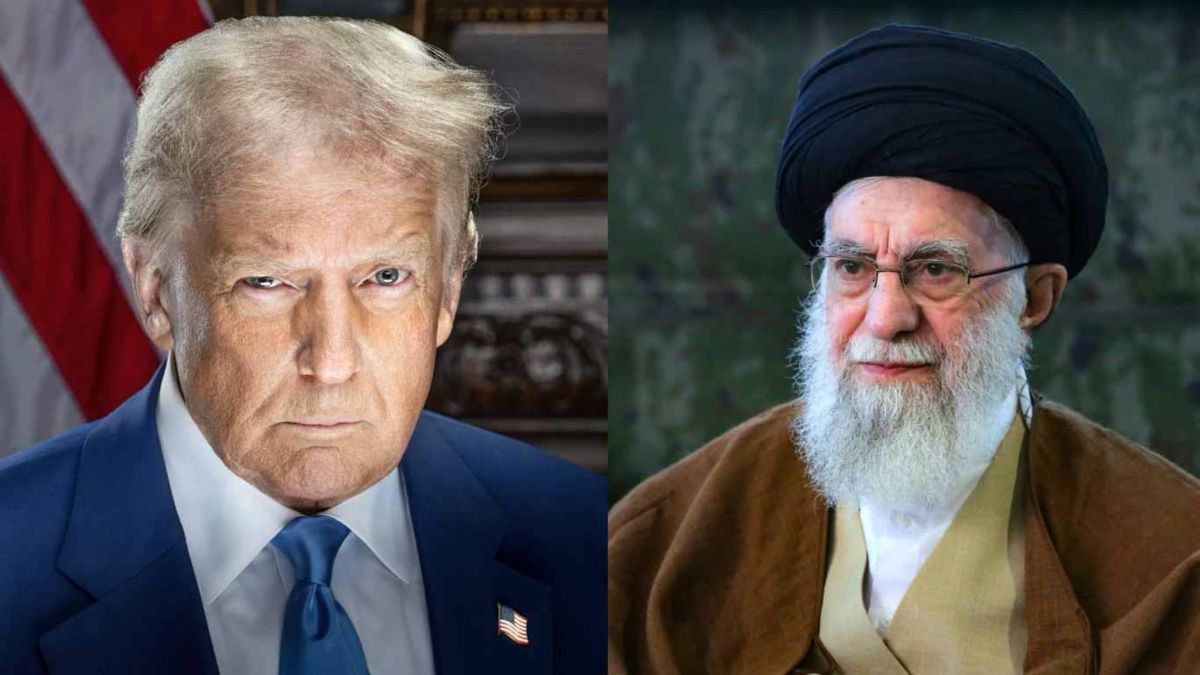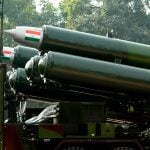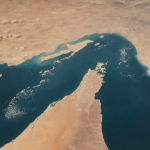A day after the United States launched precision airstrikes on three key Iranian nuclear sites under Operation Midnight Hammer, former President Donald Trump publicly called for regime change in Iran. The statement comes despite earlier assertions by several members of Trump’s cabinet that the military action was not aimed at toppling the Iranian leadership.
Trump posted on Truth Social, “It’s not politically correct to use the term, ‘Regime Change,’ but if the current Iranian Regime is unable to MAKE IRAN GREAT AGAIN, why wouldn’t there be a Regime change??? MIGA!!!” The post has reignited global discussions over Washington’s long-standing policy towards Tehran.
Iran’s Supreme Leader Ayatollah Ali Khamenei and his office have not issued an official response. However, the comment has drawn criticism from diplomats and analysts who fear the escalation could derail any chances of reviving diplomatic engagement in the region.
According to Iran’s constitution, the Supreme Leader’s successor is chosen by the Assembly of Experts, an 88-member body of elected clerics. A minimum of 45 votes is required to select the new leader. In case of an emergency, a provisional council comprising the president, chief justice, and a cleric from the Guardian Council temporarily assumes leadership responsibilities.
Amid speculation over Khamenei’s health and safety, attention has turned to several clerics reportedly pre-selected by the regime as potential successors:
- Alireza Arafi: Deputy chairman of the Assembly of Experts and a key figure in Qom’s seminary system, Arafi’s conservative credentials and religious standing position him as a strong contender.
- Hashem Hosseini Bushehri: Another senior cleric and ally of Khamenei, Bushehri heads the Qom Seminary Society and is considered a stabilizing figure.
- Gholam-Hossein Mohseni-Ejei: Currently Iran’s Chief Justice, he brings judicial and intelligence experience from his time under former President Mahmoud Ahmadinejad.
- Mojtaba Khamenei: The Supreme Leader’s son, a mid-ranking cleric with longstanding ties to the Islamic Revolutionary Guard Corps (IRGC). While influential behind the scenes, his candidacy is controversial due to Iran’s anti-monarchy roots which frown upon hereditary succession.
As succession debates resurface, geopolitical analysts warn that Trump’s remarks could further destabilize a volatile region already on edge after the recent military escalation. Global leaders have urged restraint, while Iran continues to assess its response options following the destruction of critical parts of its nuclear infrastructure.













